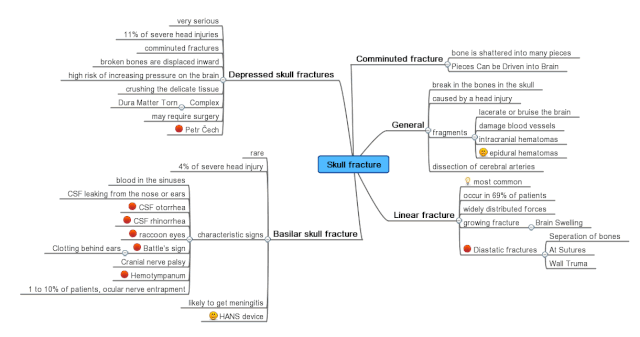 For all you third year students your time at Goldsmiths and the Library is drawing to an end, we will be sad to see you go. But there are some important things for you to remember before you leave.
For all you third year students your time at Goldsmiths and the Library is drawing to an end, we will be sad to see you go. But there are some important things for you to remember before you leave.
– Your library account needs to be clear by the end of term(14th June), so bring back your books! Your exam results will not be released until your account is cleared.
– If your Library account is not cleared by the 14th August you will not be able to graduate.
– To check your account you can log-on online to your Library record through the Library catalogue, this will tell you if you have any outstanding books or fines.
– Once you have finished you can apply to be a Alumni reference user for free. You will not be able to borrow any items from the Library nor will you be able to print or log-on to the computers (after the three month IT extension) but you will be able to use the books and periodicals in the Library.
– Once you have graduated you can apply to be an Alumni Borrower. This costs £50 a year and only allows you to borrow four Ordinary Loan books at a time. It does not allow you to use the computers or print.
– Your current email address will not expire. (This applies only to those on Office 365)
– You will be able to access your IT account for three months after the end date on your card (as long as you do not owe Goldsmiths any money).







